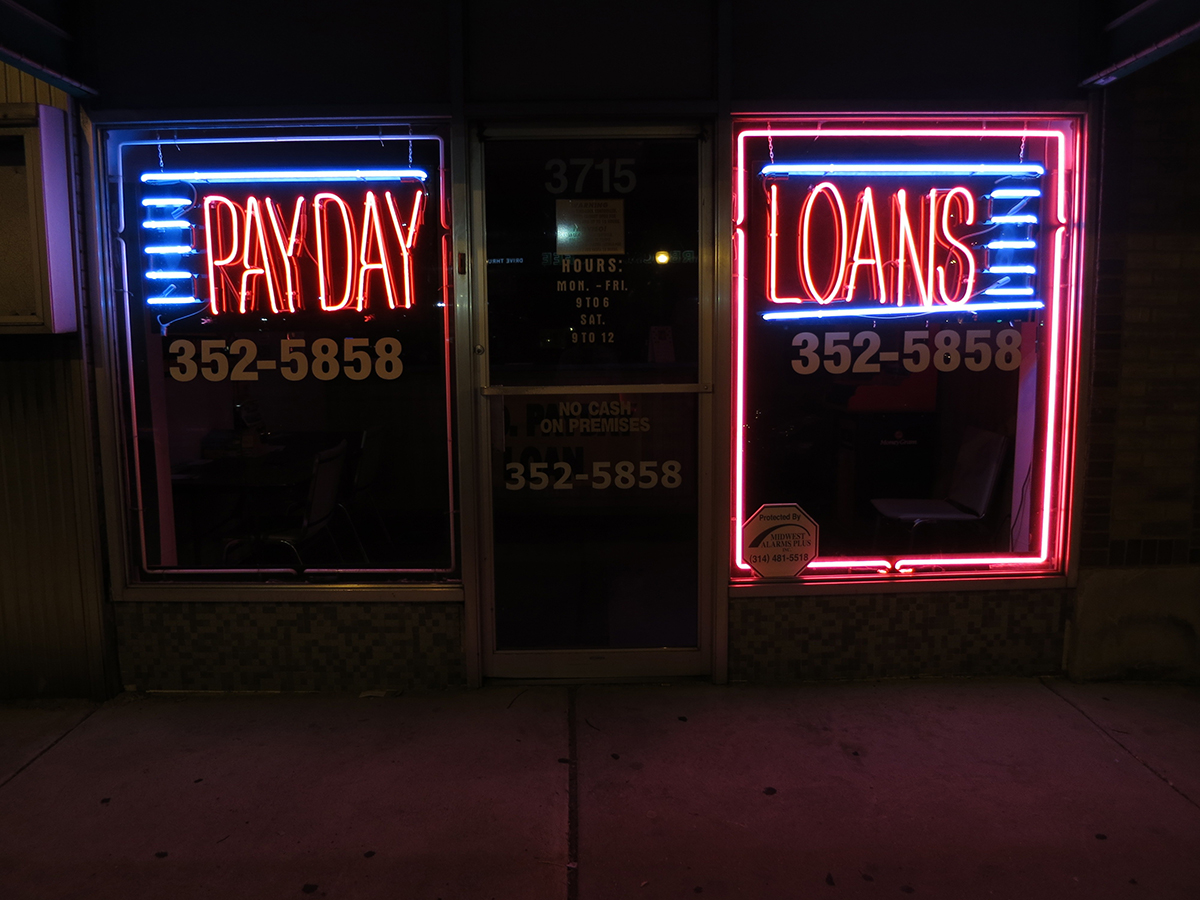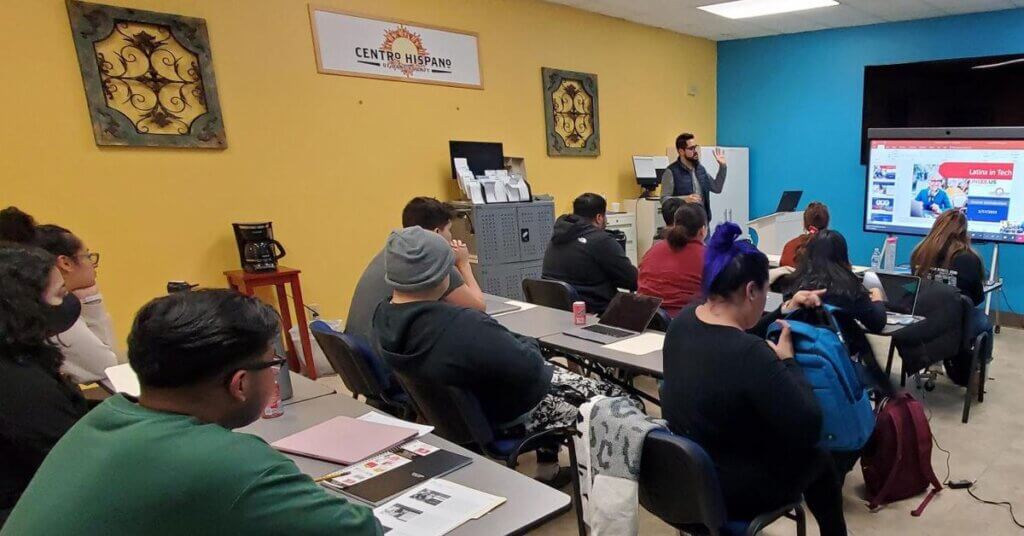Google Says “No More” to Online Payday Lender Ads

Google is the latest enterprise to join the growing chorus of civil rights, consumer, and faith groups concerned with how payday lending companies carry out their lending practices. In a landmark decision today, the technology giant announced that it will ban ads featuring payday lenders. The decision comes just as the Consumer Financial Protection Bureau prepares to issue regulations that would seriously reign in these lenders.
As we have highlighted in our blog series, “Truth in Payday Lending: Stories from Latino Borrowers,” payday lending industry practices have wreaked havoc on millions of consumers. The unsafe financial products they peddle trap consumers, many of them Latino, in a vicious debt cycle that is difficult to get out of.

Extensive research on the payday industry shows that more than 12 million Americans take out a payday loan every year, and only 15 percent of borrowers pay back the loan during the original terms. An initial loan of a just few hundred dollars can quickly snowball once renewal and other fees are factored in. Many consumers end up paying back more than double or triple the original loan amount.
To attract new customers, lenders have increasingly turned to online ads as a prime vehicle for doing so. Google’s announcement today was a welcome one in the Latino community. NCLR is proud to have worked with Google—and a coalition of civil rights, financial justice, and consumer advocates—toward this result. Conversations between Google and the coalition began in late 2015 when the coalition approached Google and several other search engine companies with concerns about payday ads. While Facebook banned payday loan ads in August 2015, Google’s policy is the most comprehensive to date.
“We are extremely pleased that Google has enacted this ban on payday loan ads and has placed it in a category of dangerous products—where it belongs,” said Janet Murguía, NCLR President and CEO. “It demonstrates that Google understands the real damage these predatory financial products have on all American consumers, especially Latinos, and that are placing the consumer’s well-being above profits.”

Google’s announcement adds a new tool in the fight against shady lending practices since very few states offer tough regulation of the industry. In fact, according to the Consumer Federation of America, 32 states enacted safe harbor legislation for payday lenders and permit loans with up to triple digit interest rates. And a recent study by the Center for Responsible Lending found that in Florida, consumers have paid more than $2.5 billion in fees on payday loans over the course of the past decade.
This is why NCLR has advocated for tough financial regulations with the following standards:
- Make affordability the standard for all loans, without exception. Do not allow loopholes for lenders to choose how they are regulated.
- Require lenders to evaluate a borrower’s ability to repay before providing a loan.
- Prevent borrowers from taking on too many loans too quickly.
“We are hopeful that others will take Google’s lead and join in exposing, not enabling, this industry, which seeks to make profit at the expense of the short- and long-term economic stability of hardworking Latinos,” Murguía said.
You can also join the array of advocates urging the CFPB to adopt strict regulations of payday lenders. Sign our petition and let CFPB Director Cordray know that payday lenders should be barred from further harming our communities.



